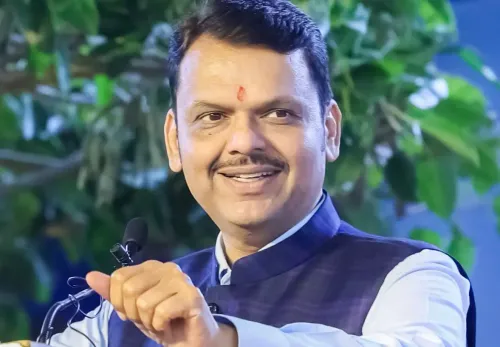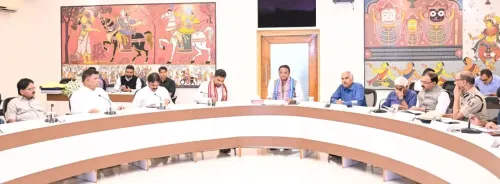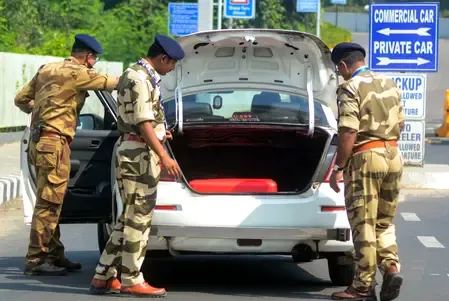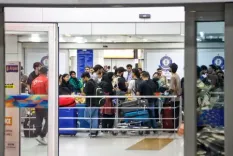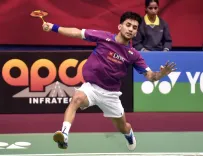Is Tamilisai Soundararajan Right to Critique TN Minister's Book on NEP?
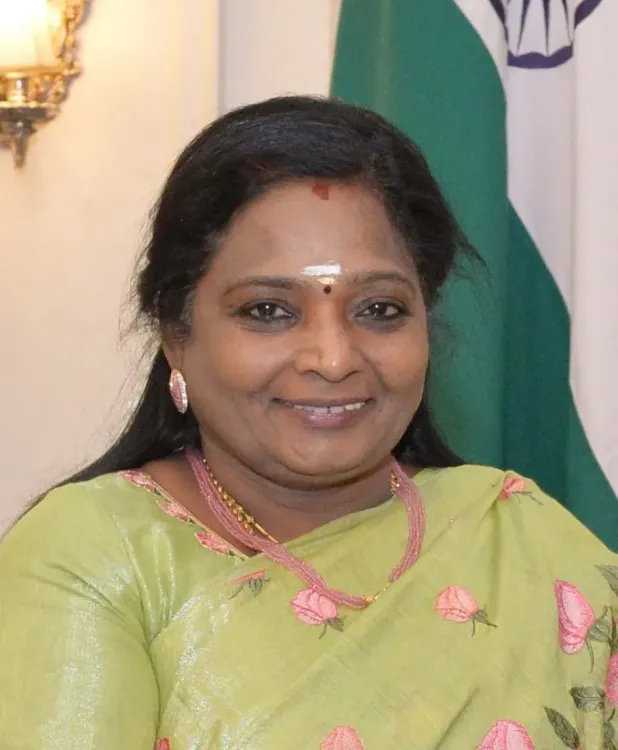
Synopsis
Key Takeaways
- Soundararajan's critique highlights educational inequities in Tamil Nadu.
- The NEP aims to elevate educational standards across India.
- Emotional rhetoric can hinder meaningful educational reform.
- Access to language education remains unequal among students.
- Political motivations can influence educational narratives.
Chennai, May 18 (NationPress) Former Governor and prominent BJP figure Tamilisai Soundararajan fiercely criticized Tamil Nadu's School Education Minister Anbil Mahesh Poyyamozhi on Sunday. She accused him of distorting the National Education Policy (NEP) 2020 in his new book 'Madha Yaanai'. In her pointed remarks, Soundararajan claimed that the minister's publication seeks to malign the NEP and mislead the public by depicting the policy as detrimental.
"A well-meaning initiative has been tainted. The book aims to instill fear and hinder the flow of equitable knowledge to the children of Tamil Nadu," she stated.
Soundararajan also criticized what she labeled as the DMK's elitist and authoritarian approach, questioning the unequal access to language education.
"While the minister's own child enjoys the freedom to learn French, such opportunities are unfairly denied to other students in the state. This exemplifies an education system tailored for a privileged few," she asserted.
Furthermore, she rejected the persistent notion that the NEP is part of a 'saffron agenda', maintaining that the policy, developed by the Kasturirangan Committee, is a forward-looking framework designed to elevate Indian students to global benchmarks.
She accused the book of using emotional appeals to resist necessary reforms.
"It is disheartening to see emotional rhetoric being wielded to stifle authentic educational progress," she remarked.
Highlighting the systemic issues within Tamil Nadu's schooling framework, the BJP leader pointed out the low pass rates in Tamil and the severe shortage of Tamil teachers in government institutions as indicators of administrative shortcomings.
"This book is not merely a critique. It is a politically charged move aimed at undermining the educational aspirations of marginalized children," she concluded.
The minister's book 'Madha Yaanai', which critically assesses the NEP and its implications for Tamil Nadu's educational curriculum, has elicited both support and backlash.
While the DMK defends its position as a means of safeguarding regional and linguistic identity, BJP leaders view it as part of a larger resistance against reform.

